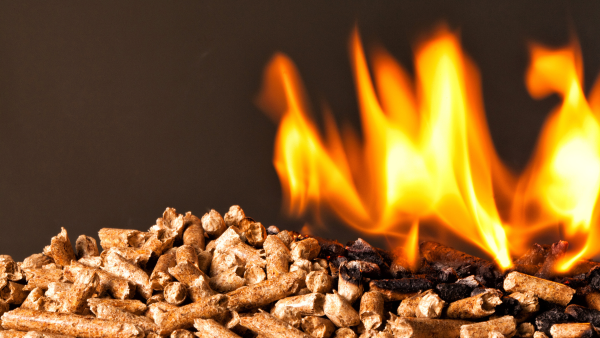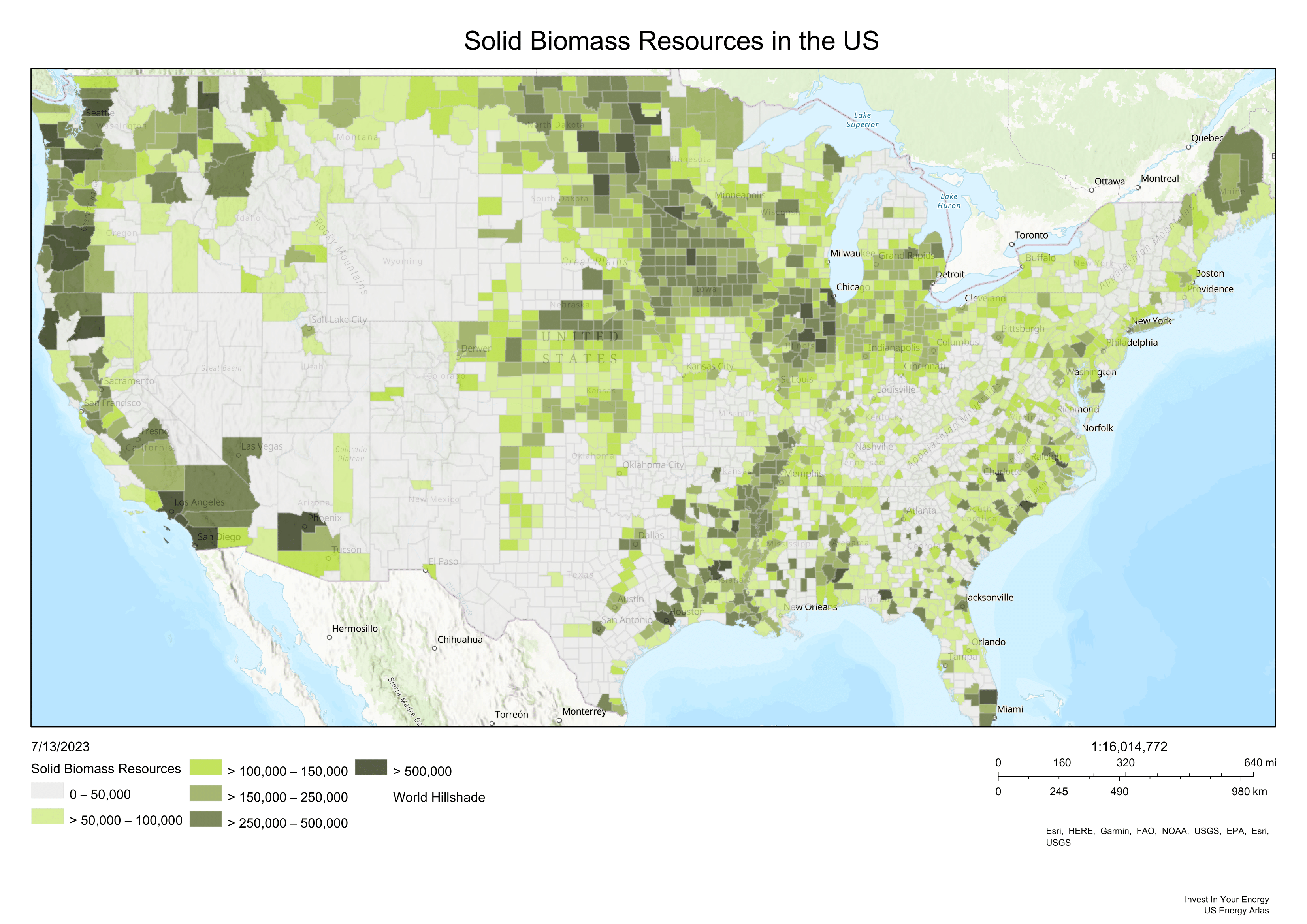· energy efficient home upgrades · 4 min read
Biomass Boilers Explained
Navigate the world of biomass boilers. Learn how these eco-friendly systems can be a smart choice for your home's energy needs, offering both efficiency and sustainability.

Are you considering making your home more energy-efficient but are unsure where to start? Biomass boilers offer an eco-friendly and efficient solution for home heating. This comprehensive guide will walk you through everything you need to know about biomass boilers, from the generous tax credits available under the 25C tax code to their high thermal efficiency rates. We’ll also discuss who should consider investing in these systems and why they’re a good fit for long-term energy savings.
Meeting and Exceeding 25C Requirements
Biomass boilers are eligible for a 30% tax credit up to $2,000 under the 25C tax code, with the requirement that they must have a thermal efficiency rating of at least 75%. Meeting this requirement won’t be a challenge, as these boilers are highly efficient. Their thermal efficiency rates often range between 85% and 90%, far exceeding the minimum requirement. This combination of a generous tax credit and exceptional efficiency makes biomass boilers an attractive option for homeowners looking to invest in energy-efficient heating solutions.
How do Biomass Boilers Work?: Types and Efficiency
Biomass boilers can operate using a variety of fuel types to heat your home. These fuel types include:
- Wood Chip Boilers: Best for larger spaces and are generally automated.
- Wood Pellet Boilers: Known for high efficiency, suitable for smaller spaces.
- Log Boilers: These are less common and require manual feeding.
These systems are not only efficient but also eco-friendly. They utilize waste materials and produce lower carbon emissions compared to traditional heating systems. Among these, wood pellet boilers are generally considered the most efficient.
Who Should Consider Biomass Boilers?
Biomass boilers are an ideal choice for individuals with access to a consistent supply of organic materials such as wood chips, pellets, or logs. These systems are also well-suited for those who have sufficient storage space and are looking for a long-term investment in energy efficiency. As you can see on the Biomass Resource Map of the U.S., some areas are more suited for biomass than others based on resource availability.

Biomass: A Versatile and On-Demand Energy Source
Biomass is a multifaceted energy solution that extends well beyond home heating. It offers the flexibility to produce biogas through the anaerobic digestion of organic waste, which can be harnessed for cooking and even electricity generation. This makes biomass a versatile choice for a comprehensive home energy strategy.
Additionally, one of the standout advantages of biomass is its storage capability. Unlike other energy solutions that may be intermittent, biomass can be stored and used whenever needed. This addresses a significant challenge in energy efficiency, providing a reliable and consistent source of energy.
For those interested in a dual-purpose solution, certain biomass boiler systems also come with hot water heating options. This means you can efficiently heat your home and your water supply with the same system, further enhancing your home’s overall energy efficiency.
Cost Analysis and ROI
Initial Costs: The average cost for installing a biomass boiler is between $8,000 and $15,000. However, thanks to the 25C tax credit, you could save up to $2,000, effectively reducing your initial investment to a range of $6,000 to $13,000.
Annual Savings: Based on verified data, homeowners can anticipate annual savings of approximately $500 to $1,000 on heating costs alone.
Lifespan: Biomass boilers are designed for longevity, with an average lifespan of 20 to 25 years. This makes them a viable option for those looking for a long-term investment in energy efficiency.
Return on Investment (ROI): Taking into account the initial costs, annual savings, and the system’s lifespan, the ROI for a biomass boiler can be realized within 10 to 15 years based on the cost of your investment
Conclusion
Investing in a biomass boiler is a smart move for homeowners looking for a long-term, energy-efficient solution. With generous federal tax credits, high thermal efficiency rates, and the ability to use a variety of organic materials as fuel, biomass boilers offer a comprehensive approach to home heating. Whether you’re new to the world of energy efficiency or looking to upgrade your current system, a biomass boiler could be the right fit for you.